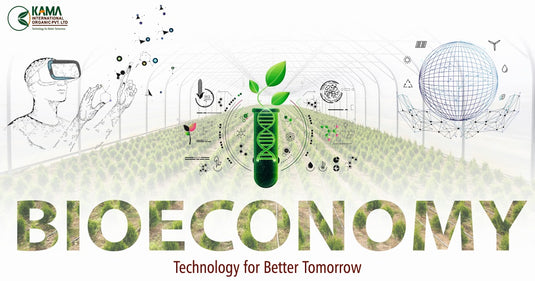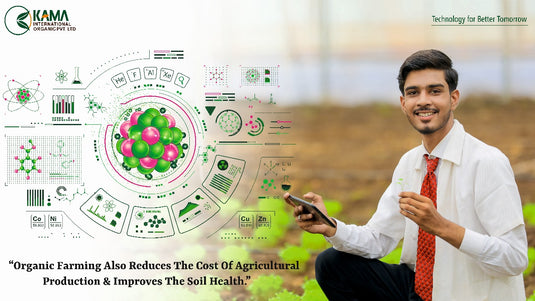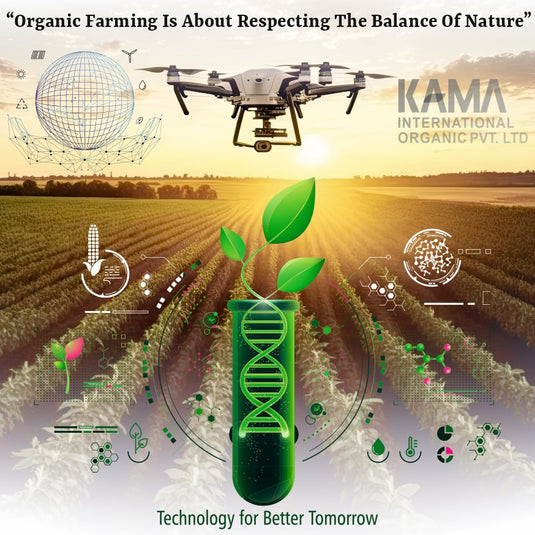In the past few decades, agriculture has undergone a profound transformation, largely propelled by technological advancements. These innovations have not only increased productivity but also revolutionized the way we approach farming, making it more sustainable, efficient, and resilient in the face of various challenges such as climate change and resource scarcity. In this blog, we'll delve into some of the latest technologies that are reshaping the agricultural landscape.
Precision Agriculture
Precision agriculture is perhaps one of the most significant technological advancements in recent years. It involves the use of data-driven technologies such as GPS, sensors, drones, and artificial intelligence to optimize various aspects of farming, including crop yield, resource utilization, and pest management. By precisely monitoring and analyzing factors such as soil moisture, nutrient levels, and crop health, farmers can make informed decisions to enhance productivity while minimizing inputs such as water, fertilizers, and pesticides.
Vertical Farming
With the world's population projected to reach nearly 10 billion by 2050, there's a growing need to produce more food in less space. Vertical farming offers a solution by growing crops in vertically stacked layers, often in controlled indoor environments. This technology utilizes techniques such as hydroponics and aeroponics, where plants are grown without soil, receiving nutrients through water solutions. Vertical farming not only maximizes land use but also minimizes water consumption and eliminates the need for harmful pesticides.
Robotics and Automation
Advancements in robotics and automation are revolutionizing various aspects of farming, from planting and harvesting to weed control and crop monitoring. Autonomous tractors and harvesters equipped with sophisticated sensors and GPS technology can precisely perform tasks with minimal human intervention, reducing labor costs and increasing efficiency. Similarly, robotic systems can efficiently weed fields, apply fertilizers, and even monitor crop health using cameras and machine learning algorithms.
Blockchain and Supply Chain Transparency
Blockchain technology is increasingly being leveraged to enhance transparency and traceability in the agricultural supply chain. By creating an immutable record of transactions, blockchain enables farmers, distributors, and consumers to track the journey of agricultural products from farm to table. This not only helps in preventing food fraud and ensuring food safety but also promotes fair trade practices and sustainability by providing consumers with information about the origin and production practices of the food they consume.
Artificial Intelligence and Predictive Analytics
Artificial intelligence (AI) and predictive analytics are empowering farmers to make data-driven decisions by analyzing vast amounts of data collected from various sources such as sensors, satellites, and weather stations. AI algorithms can forecast crop yields, predict pest outbreaks, optimize irrigation schedules, and even recommend personalized crop management strategies based on individual farm conditions. By harnessing the power of AI, farmers can mitigate risks, optimize resource allocation, and maximize profitability.
Conclusion
The agricultural sector is undergoing a technological revolution, with innovations such as precision agriculture, vertical farming, robotics, blockchain, and AI reshaping the way we produce, distribute, and consume food. These technologies not only improve productivity and efficiency but also promote sustainability, resilience, and transparency throughout the agricultural supply chain. As we continue to face global challenges such as climate change, population growth, and resource depletion, embracing these advancements will be crucial in ensuring food security and building a more sustainable future for generations to come.




